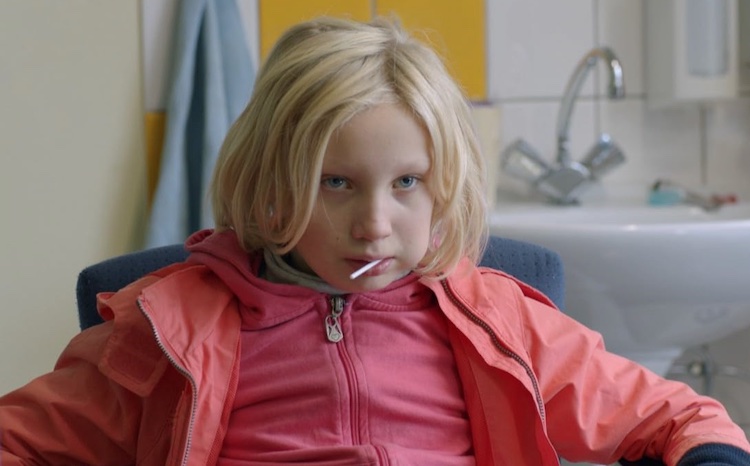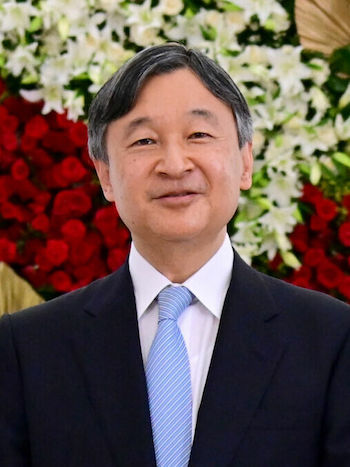
With her debut film, German director Nora Fingscheidt demonstrates unequivocally that she isn’t fooling around. The title is a kind of inside joke among social workers in Germany, as it refers to a case that basically breaks the carefully wrought procedures that have been put in place to address public welfare situations as fairly and compassionately as possible. The case that crashes this system is Benni (Helena Zengel), a blonde 9-year-old girl, constantly dressed in shocking pink, who is prone to explosive fits of rage. Even as the movie starts, the public servants charged with her case are at the end of their ropes because they have run out of foster care facilities that will accept Benni, since she’s already been kicked out of most of them. The ostensible reason for Benni’s distemper is her being separated from her single mother, Bianca (Lisa Hagmeister), who, based on the few times we see her in action, seems constitutionally incapable of handling Benni’s mood swings, as she’s got two other younger children (from different fathers than Benni’s) to care for and a bad dose of low self-esteem that scans as borderline suicidal. Benni is at that age when she may be starting to realize that her mother can’t handle her, but in any event it doesn’t impinge on her virulent sense of abandonment, which always manifests as physical violence.
Mood swings imply that there are high moments, as well, and the film makes it clear that Benni has a native intelligence her case workers can’t quite exploit to their—and her—advantage. One of these workers, Micha (Albrecht Schuch), thinks he has a solution, and brings Benni on a tough love weekend to an isolated cabin where he often works with troubled adolescent boys. At first, Benni objects to the lack of creature comforts—no TV, no Wifi, no electricity, in fact—but she eventually responds positively to Micha’s attention, which is focused completely on her. The problem, of course, is that Micha thinks this form of therapy will somehow change Benni, but once she understands that Micha has his own family to return to and that he is only “doing his job,” she reverts to her core resentments. Micha is thus castigated by his colleagues for violating a signal code of his calling: Always maintain a professional distance. Micha has been indulging in what is called “a rescue fantasy,” and once Benni catches on she pulls back into her sense of being used by adults.
The question viewers will ask themselves as they endure this punishing movie is, What can be done that hasn’t already been tried? Benni spends several sequences in a psychiatric facility drugged into catatonia, and it’s the only time the film calms down. Having run out of resources and answers, her main case worker, an astoundingly patient woman referred to as Frau Bafane (Gabriela Maria Schmeide), sees no alternative but to send her overseas to a special school where she will be a prisoner, though, truthfully, most of the foster homes we see in the movie practice their own forms of incarceration. The ultimate injury comes when Bianca, after breaking up with her latest boyfriend, agrees to take Benni back and the child is overjoyed, but then Bianca comes to her senses when she realizes her youngest son will somehow take after Benni, as if what Benni suffers from is contagious. (She does have a point, since the boy seems to idolize his half-sister.) System Crasher is unrelenting in its insistence that some people are not made for society, and while the onus falls on the failures of individuals, like Bianca, Fingscheidt does not try to blame the system. She gives these hard-working, well-intentioned people the benefit of the doubt. She just wants them, and us, to try harder.
In German. Now playing in Tokyo at Theater Image Forum Aoyama (03-5766-0114).
System Crasher home page in Japanese
photo (c) 2019 kineo Filmproduktion Peter Harwig, Weydemann Bros. GmbH, Oma Inge Film UG (haftungsbeschränkt), ZDF









